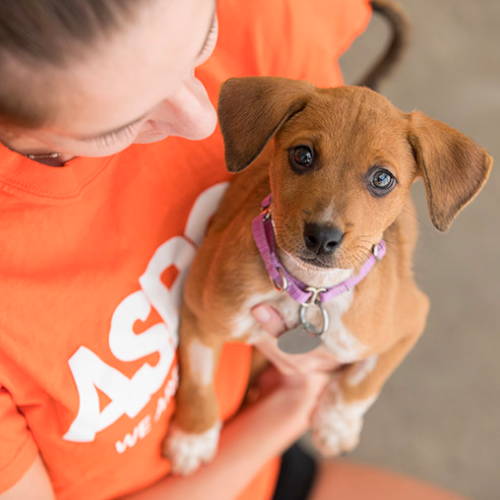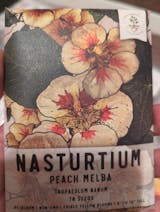Description
Grow a garden filled with the beautiful Peach Melba Nasturtium, from freshly harvested Tropaeolum nanum flower seeds. Peach Melba will produce gorgeous, 2 inch, peach colored blooms all summer long. The flowers open up to expose 3 petals on the bottom and 2 on the top, displaying red-orange veins near the center of each petal. The plants mature to a short height of only 8 to 16 inches tall and will spread about 12 inches wide.
Categorized as an annual flowering plant, Peach Melba Nasturtium will grow quickly from freshly harvested seeds. The plants will then bloom profusely through the summer months, later wilting with the first frost. Nasturtium seeds can be harvested at the end of the season, to regrow fresh plants the following year. The plants can often drop their seeds to the bare ground beneath, allowing new plant life to establish naturally, after the harsh temperatures of winter have passed.
Peach Melba Nasturtium is not only a beautiful flower in the garden, but it is also a colorful addition to many garnishes, salads and other culinary dishes. The seeds, stems, leaves and flower heads are all edible, providing you with a sweet, yet spicy flavoring. The leaves and stems have a hot, peppery taste, while the seeds can be a substitute for capers. The flowers have a more mild flavor and are a perfect addition to omelettes & salads.
Nasturtium plants, such as Peach Melba will attract all sorts of butterflies to the garden. Their leaves are often eaten by caterpillars, and other insects. However, be aware that these plants can attract some pesky insects, such as slugs and aphids. You'll be surprised to learn that they will cling to the leaves, like a moth to a flame. But keep in mind that this can be a good thing if you grow cabbage, or other crops. Many gardeners will use Nasturtium plants as a sacrificial magnet for these insects, so that their main crops can flourish.

















